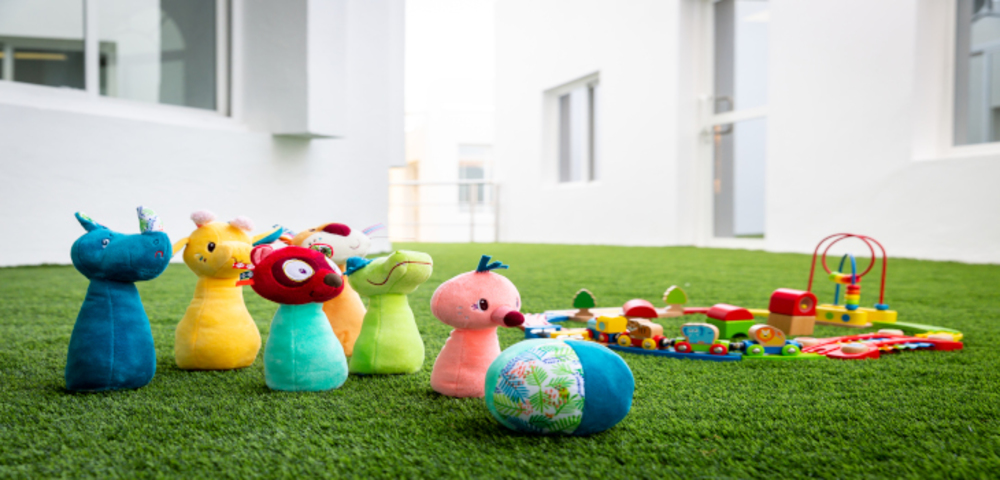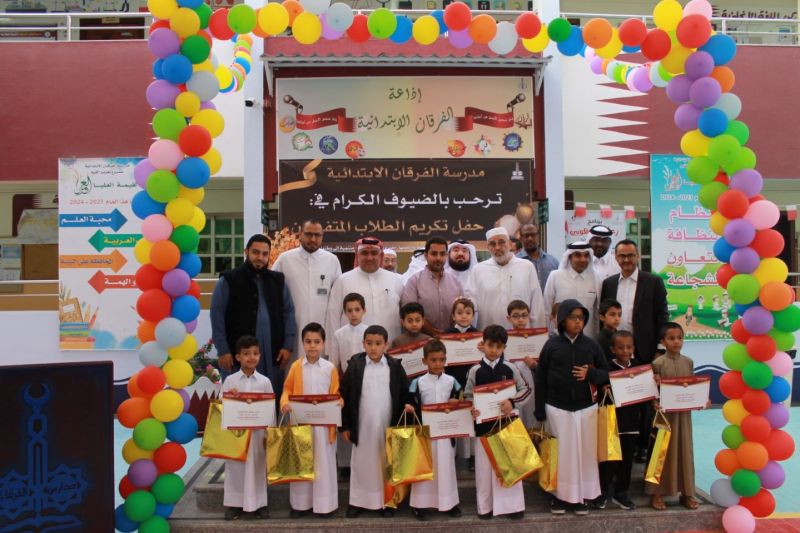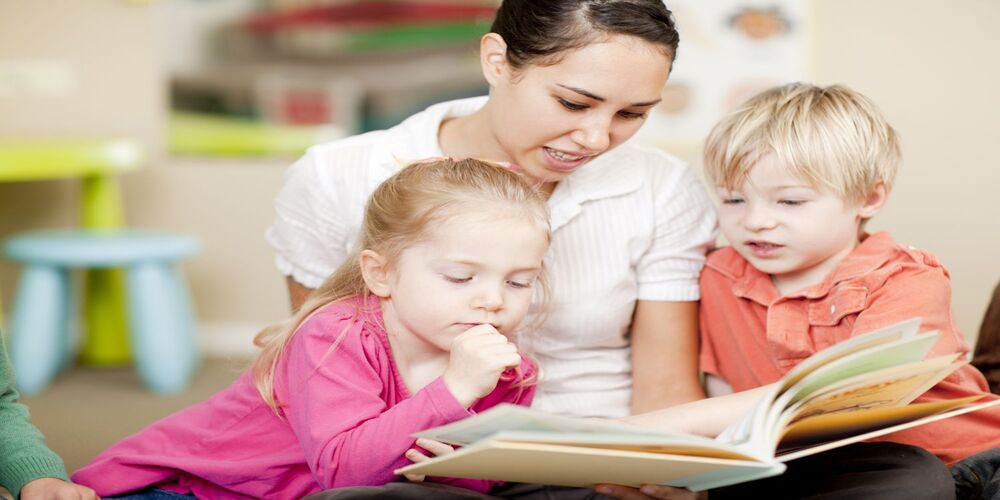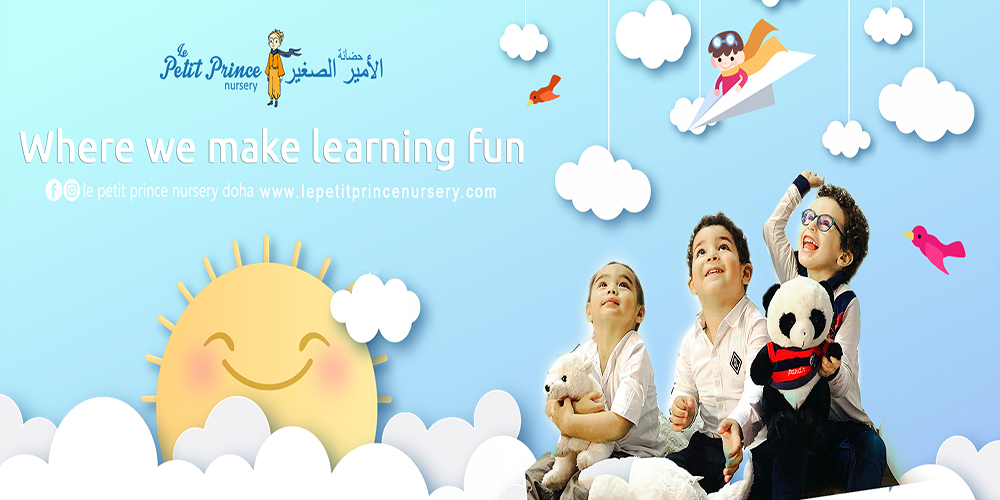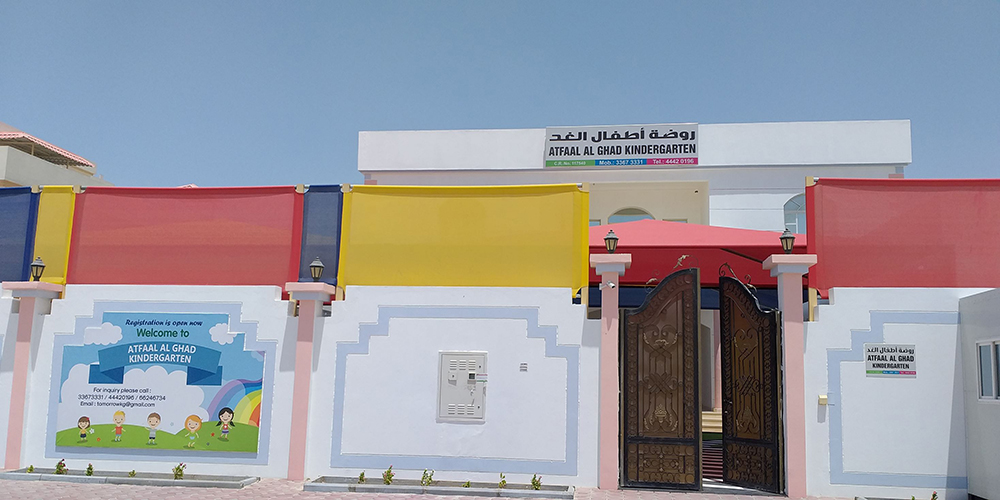×
Are you keen to enrol your child in french curriculum nurseries in Qatar? You’re certainly not alone. The french curriculum nurseries in Qatar is highly centralized and organized, with many subdivisions. It is divided into the three stages of enseignement primaire (primary education), enseignement secondaire (secondary education), and enseignement supérieur (higher education). In French higher education, the following degrees are recognized by the Bologna Process (EU recognition): Licence and Licence Professionnelle (bachelor's degrees), and the comparably named Master and Doctorat degrees. Schooling in France is not mandatory. Most parents start sending their children to preschool (maternelle) when they turn 3. Some even start earlier at age 2 in toute petite section "TPS". The first two years of preschool (TPS and petite section "PS") are introductions to community living; children learn how to become students and are introduced to their first notions of arithmetic, begin to recognize scripture, develop oral language, etc. The last two years of preschool, moyenne section and grande section, are more school-like; pupils are introduced to reading, writing and more mathematics. A preschool can have its own school zone (mostly true in towns) or be affiliated to an elementary school (mostly in villages). As in other educational systems, French primary school students usually have a single teacher (or two) who teaches the complete curriculum. After kindergarten, the young students move on to the école élémentaire (elementary school). In the first 3 years of elementary school, they learn to write, develop their reading skills and get some basics in subjects such as French, mathematics, science and the arts, to name a few. Note that the French word for a teacher at the primary school level is professeur or professeure des écoles (previously called instituteur, or its feminine form institutrice). Children stay in elementary school for 5 years until they are 10–11 years-old. The grades are named: CP (cours préparatoire), CE1 (cours élémentaire 1), CE2 (cours élémentaire 2), CM1 (cours moyen 1) and CM2 (cours moyen 2). Higher education in France is organized in three levels, which correspond to those of other European countries, facilitating international mobility: the Licence and Licence Professionnelle (bachelor's degrees), and the Master's and Doctorat degrees.The Licence and the Master are organized in semesters: 6 for the Licence and 4 for the Master.These levels of study include various "parcours" or paths based on UE (Unités d’Enseignement or Modules), each worth a defined number of European credits (ECTS); a student accumulates these credits, which are generally transferable between paths.[citation needed] A Licence is awarded once 180 ECTS have been obtained; a Master is awarded once 120 additional credits have been obtained. Licence and master's degrees are offered within specific domaines and carry a specific mention. Spécialités which are either research-oriented or professionally oriented during the second year of the Master. There are also Professional Licences whose objective is immediate job integration. It is possible to later return to school through continuing education or to validate professional experience (through VAE, Validation des Acquis de l’Expérience. Higher education in France is divided between grandes écoles and public universities. The grandes écoles admit the graduates of the level Baccalauréat + 2 years of validated study (or sometimes directly after the Baccalauréat) whereas universities admit all graduates of the Baccalauréat. A striking trait of French higher education, compared with other countries, is the small size and multiplicity of establishments, each specialised in a more-or-less broad spectrum of areas. A middle-sized French city, such as Grenoble or Nancy, may have 2 or 3 universities (focused on science or sociological studies) and also a number of engineering and other establishments specialised higher education. In Paris and its suburbs there are 13 universities, none of which is specialised in one area or another, and a large number of smaller institutions that are highly specialised. It is not uncommon for graduate teaching programmes (master's degrees, the course part of PhD programmes etc.) to be operated in common by several institutions, allowing the institutions to present a larger variety of courses. In engineering schools and the professional degrees of universities, a large share of the teaching staff is often made up of non-permanent professors; instead, part-time professors are hired to teach one only specific subject. The part-time professors are generally hired from neighbouring universities, research institutes or industries. Another original feature of the French higher education system is that a large share of the scientific research is carried out by research establishments such as CNRS or INSERM, which are not formally part of the universities. However, in most cases, the research units of those establishments are located inside universities (or other higher education establishments) and jointly operated by the research establishment and the university. french speaking nurseries in Qatar is a place where children learn to express themselves in French and where they also discover the beauty of the Frensh language. At french speaking nurseries in Qatar children learn to: – Concentrate on and discover their surroundings – Love and respect nature and animals . The educational method is clear and based on the simple and natural elements of daily life. french speaking nurseries in Qatar is a place of fun and learning, providing children with an environment of caring, listening, understanding and motivation. french speaking nurseries in Qatar provide ample learning opportunities and intellectual exercises that allow children who, faced with these challenges, think about and resolve them, which enriches their intellectual capacity. french speaking nurseries is a place of fun and learning, providing children with an environment of caring, listening, understanding and motivation. french speaking nurseries provide ample learning opportunities and intellectual exercises that allow children who, faced with these challenges, think about and resolve them, which enriches their intellectual capacity. french speaking nurseries in Qatar students are easily integrated into different educational systems. We follow a clear time schedule involving: A personalized welcome and a degree of routine in the morning, Our priority is to make the children feel secure by familiarizing them to a routine which they will start to expect and look forward to, Time is allocated to painting, drawing, handicrafts, singing, a meal break, storytelling, games and rest. ""Qatar Nurseries & Kindergartens Guide gives all information you need to know about French curriculum nurseries in Qatar, Contact Details of French curriculum nurseries in Qatar, Address of French curriculum nurseries in Qatar, Email of French curriculum nurseries in Qatar, Website of French curriculum nurseries in Qatar, Curriculum of French curriculum nurseries in Qatar, Working hours of French curriculum nurseries in Qatar, Admission Age of French curriculum nurseries in Qatar, Admission Date of French curriculum nurseries in Qatar, Registeration fees of French curriculum nurseries in Qatar, Monthly fees of French curriculum nurseries in Qatar, Working hours of French curriculum nurseries in Qatar, Managment Nationality of French curriculum nurseries in Qatar & also all details about French curriculum nurseries in Qatar""
French curriculum Nurseries in Qatar




